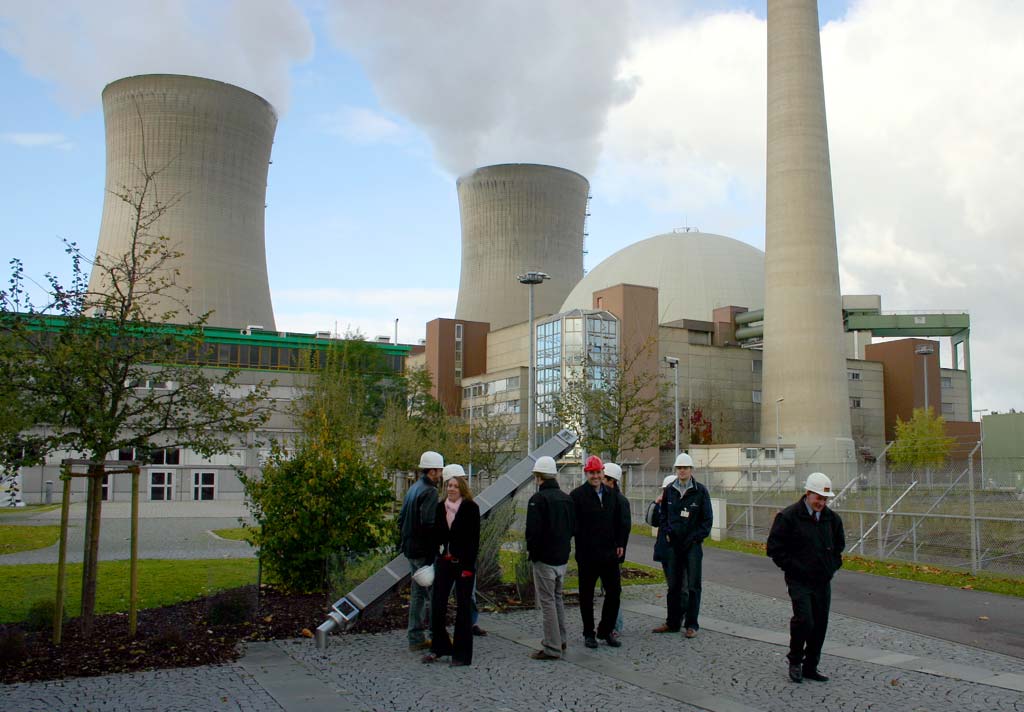
In May 2011, Angela Markel, the former chancellor of Germany, promised to shut down NPPs (nuclear power plants) by 2022, after the nuclear accident occurred in the Fukushima nuclear power plant. This is not the first time that the German government has taken the initiative to shut down the NPPs.
In 2002, the step for shifting to renewable energy sources by shutting down NPPs, initiated by the Gerhard Schroeder government. After Germany’s Nuclear plant phase-out legislation, two nuclear power plants of Germany shut down. And now, continuing its aim to attain an environment-friendly energy source, Germany recently shuts down half of its 6 remaining nuclear plants. The government also announced that by the end of 2022, the remaining NPPs of the country would shut down completely.
Reasons for dismantling the NPPs
The discontinuation and shutting down of NPPs followed in many European countries. The initiation of dismantling the nuclear power plants is due to the following reasons:
Nuclear accidents
The nuclear accidents that happened in the past influenced the decision to shut down the NPPs. The three worst nuclear disasters are – the 1979 Three Mile Island partial nuclear meltdown in the USA, the 1986 Chernobyl disaster in the USSR (now Ukraine), and the mentioned Fukushima nuclear disaster in Japan. The disastrous incidences and their impacts caused many countries like Germany to stop their nuclear plant or alert them regarding safety precaution measures in NPPs.
Affecting Environment
The carbon dioxide emissions, especially in uranium mining and radioactive waste from Nuclear power plants, affect our environment severely. That causes climate change, global warming, and other environmental disasters, which eventually affect humans and wildlife. Thus, Germany and many other countries opted to shut down NPPs to protect the environment.
Concerns
Radioactive waste
The radioactive waste in nuclear power plants is highly radioactive and generates large amounts of heat that can affect the environment and living things. The expenses of maintaining and storing it will be high as this waste could be reactive till 35000 generations and can cause much harm to human health if not handled properly.
Source of low carbon emission
If the NPPs were shut down completely, then Germany would have to depend more upon natural gas for filling the void of energy produced by NPPs, as there is not enough renewable energy source available right now. This could reduce the large source of carbon-free electricity.
Shutting down NPPs before not having enough renewable energy sources would make Germany dependent on Russia to import natural gas. This would make Russia have the upper hand over Germany.
Solutions
Proper supervision of shutdown NPPs
Managing radioactive waste and cooling down of nuclear reactors when the nuclear power plant is shutting down requires proper supervision for many years to avoid any mishap. So, the nuclear power companies decided that two-third of workers would involve in the shutdown operation of NPPs. The government of Germany announced the nuclear power companies would get $3 billion for the early shutdown. This financial aid will help in proper supervision and to the employees who lost their source of income.
Overall the decision of Germany to shut down the nuclear power plants completely by the end of 2022 is a good decision if the country manages the aftermath situation of shutting down NPPs.
